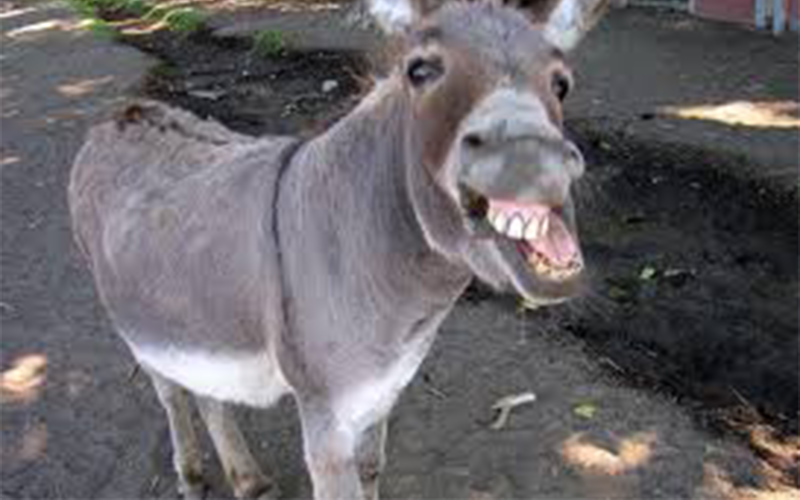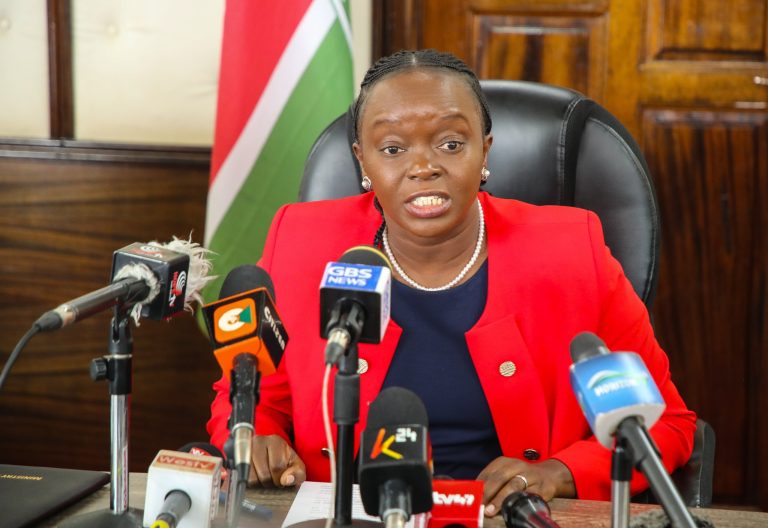Donkey’s role in uplifting lives of rural Kenyans

By Clemencia Osa
When a donkey walks across with a heavy load, it is unlikely to be recognized as a force to be reckoned with, let alone a hero for thousands of communities, who can’t just make do without its input.
Every day, millions of people across the world feel the positive impact of donkeys in their day-to-day activities, making their lives worth living.
In Kenya, this underrated animal has restored the woman’s position in the community by propelling the financial independence of women through Savings and Internal Lending Communities (SILC) in donkey welfare groups, helping women make ends meet without over-dependence on their husbands, as well as helping widows raise their families.
Aside from that, donkeys have taken loads off women’s backs, helping them complete house chores with ease whilst enabling parents to avail ample study time to their school-going kids, by relieving them of house errands during school days.
According to Kyambi Musila, a member of the GAI Punda ni Mali donkey welfare group, in Kitui county, donkeys are a crucial part of their daily activities.
“People should protect this resourceful animal; it is our hero. Donkeys help us a lot with water transport, which is key to our livelihood. Apart from water transport, the donkey has been crucial in transporting sand for construction, as well as transporting farm produce,” Musila opined.
Musila’s sentiments were echoed by Africa Network for Animal Welfare director of policy Wachira Kariuki, who noted that donkeys play a key role in communities cutting across cultural, economic and social contexts.
“People should understand that if we take away donkeys in our communities, we put the load on the women. That means that they will take more time to work and have less time to raise their own families. So, it has a cultural, economic, and social connection. People should understand that the donkey is not just an animal but plays a key role in our communities,” Wachira said.
Donkeys also play a big role in agricultural supply chains. Brooke East Africa Programme Manager Elijah Mithigi notes that without the donkey’s input in transporting rice from fields to the mill in Mwea, rice production would be crippled because of the treacherous terrain of the rice fields that can only be navigated by donkeys.
“Donkeys are responsible for transportation of rice grown in Mwea irrigation scheme, which accounts for 86% of local rice production. Other Value chains that significantly depend on donkeys include transportation of milk from farms dairies in Nyandarua carrying vegetable like potatoes and onions in hilly terrains of Mt. Elgon and Mau, just to mention a few.” Mithigi said.
As a dominant means of transport, donkeys continue to fuel Lamu town’s economy by moving goods and people around the town, situated 341 kilometers northeast of Kenya’s coastal city of Mombasa.
Despite earning thousands of students’ respect by enabling them to access education with ease, the donkey has been denied its rightful share of respect, let alone being embraced.
Jeremiah Wachira, the chairperson of Twin Bird Self-Help Donkey Welfare Group, says the donkey is part of his life, having raised him to riches.
Thanks to the donkey, Wachira managed to start a small-scale business which became his main source of income, aiding him to build rental houses and educate his children.
“My children were schooled through the donkey business. I opened my first shop because of the donkey transport business. I used to make Ksh. 3,000 per day through the donkey business, with my workers taking home half the daily returns, until now all my children have completed university,” Wachira said.
According to the Kenya Agricultural and Livestock Research Organization report of 2019, each working donkey makes an average of Ksh. 11,390 per month solving the unemployment crisis in the country.
In the donkey transport business, Paul Njoroge, popularly known as “Chariot,” makes a killing in the donkey business in Joska. According to Chariot, who owns a hardware store, he makes at least Ksh. 2,000 daily by delivering hardware materials to his customers.
“My donkey transport business has helped me a lot. I’m where I am now because of the donkey. It has helped me open a hardware store as well as a poultry farm, which remains my main source of income where my family makes a living as well as educates my children, “Njoroge opined.
Besides, recking thousands of shillings from the business, Chariot says he is happy that his donkey business has helped him reduce the unemployment rate in the country after employing a partner to help in delivering the hardware materials.
Drawing examples of how the donkey has played a major role in ensuring that Kenya makes a big step in the economic sector as well as the agricultural one, the donkey will continue to be a hero to thousands of people in Kenya and around the globe, with or without recognition.
Clemencia Osa, Project Development Manager, Brooke East Africa








